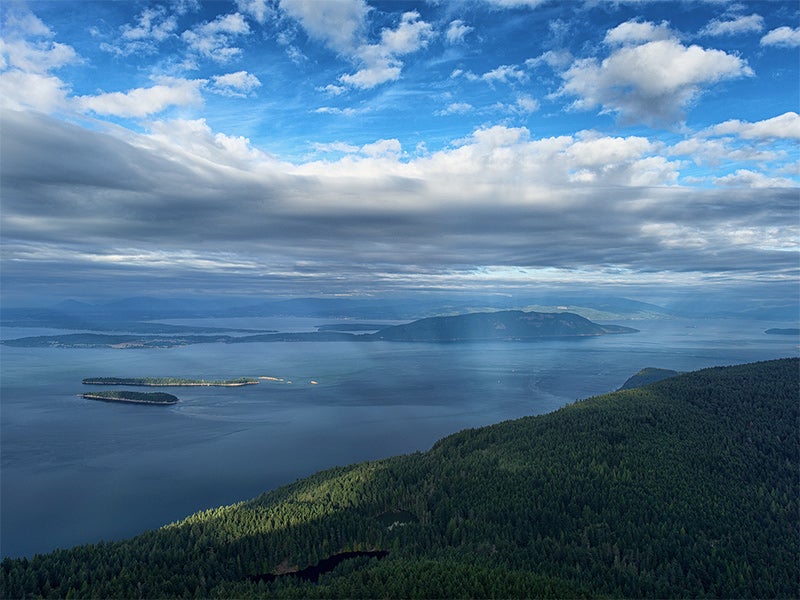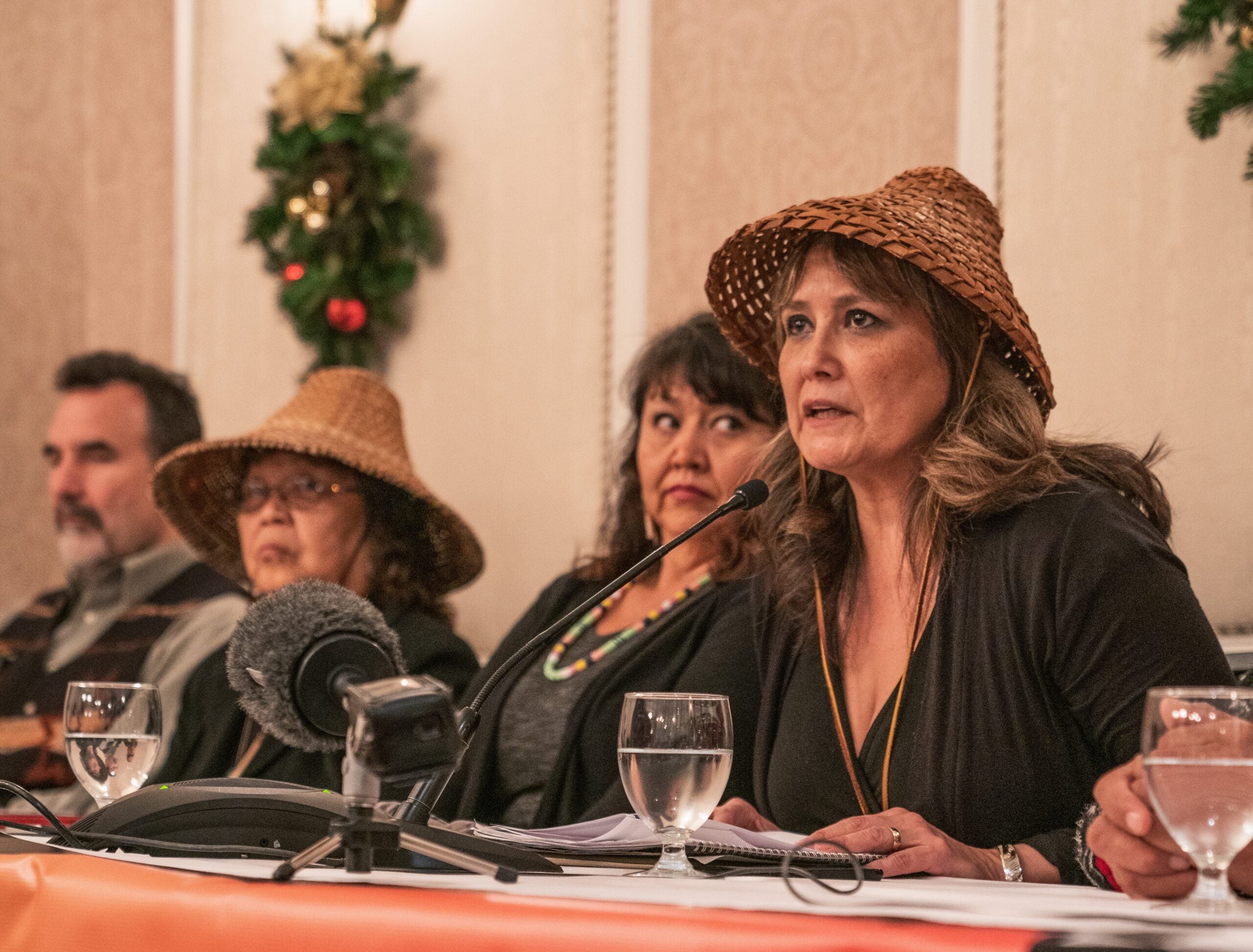Protecting the Ecology and Economy of Salish Tribes
An oil spill in the Salish Sea would have a devastating effect on fish and shellfish, which form the basis of the Coast Salish way of life. It would destroy the economies of Native tribes on both sides of the border and would likely cause the extinction of the remaining 78 critically endangered southern resident killer whales that inhabit these same waters.
Case Overview
The TransMountain pipeline project, spearheaded by Texas-based energy infrastructure company Kinder Morgan, was approved in 2016 by the Canadian government. The pipeline, from Alberta’s tar sands oil fields to an oil shipping terminal in a suburb of Vancouver, British Columbia, will result in a seven-fold increase in tanker traffic through Boundary Pass, Haro Strait, and the Strait of Juan de Fuca in Washington state.
Experts have acknowledged that a serious oil spill would devastate an already-stressed marine environment and likely lead to collapses in the remaining salmon stocks and further contamination of shellfish beds, wiping out Indigenous fishing rights.
A major oil spill would likely cause the extinction of the remaining 78 critically endangered southern resident killer whales that inhabit these same waters. Also, added noise and disruptions from increased oil tanker traffic will further disrupt the killer whale’s ability to hunt, rest, and survive. Killer whales are iconic animals in the Pacific Northwest, but hold special significance for the tribes of the Salish Sea. The Tulalip Tribes and the Suquamish Tribe have relationships with the killer whale that stretch back to time immemorial. Orcas are endangered in both the United States and Canada.
Coast Salish peoples on both sides of the U.S.-Canadian border have vowed to oppose Kinder Morgan’s TransMountain pipeline project.

Case Updates
Case page created on February 13, 2014.
